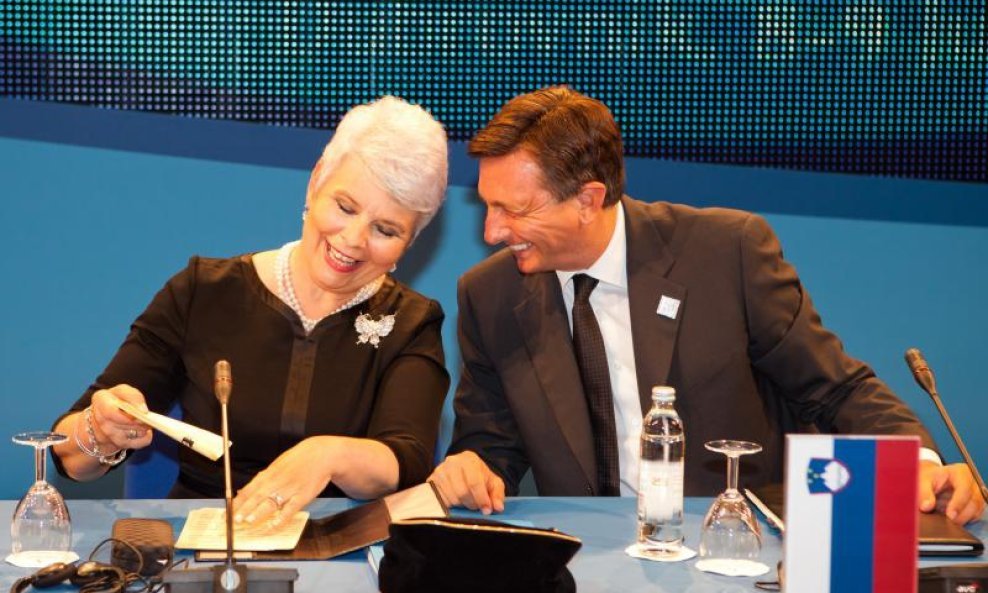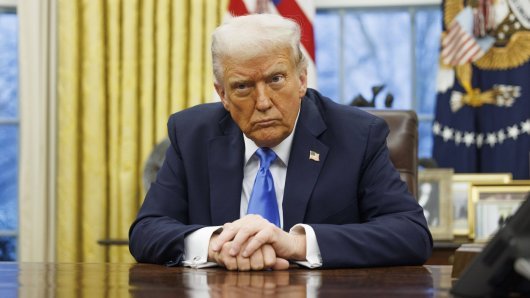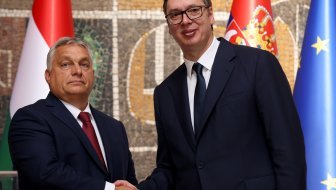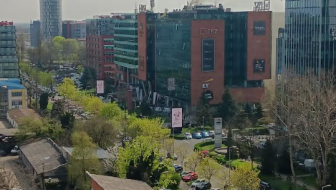Europe's openness to new enlargements, insistence on the fact that Western Balkan countries must not become forgotten countries, and congratulations to Croatia on the recent completion of accession negotiations with the European Union were the main topics of the opening addresses at Croatia Summit 2011 which began in the southern Adriatic resort of Dubrovnik on Friday evening.
Croatia pushes for the inclusion of all countries in the region in dialogue and their regional integration, Croatian Prime Minister Jadranka Kosor said, adding that Croatia was not turning its back to its neighbours, but was committed to the execution of new tasks and obligations as well as open to new challenges.
Croatia's transition was not as the transition of other countries, said Croatian President Ivo Josipovic.
The first transition was the one other countries did not have to face, the transition from war to peace, from a state of conflict and lack of trust to friendship, he said, adding that the war was a past which Croatia had successfully overcome and now it should turn to the present and the future.
The international community helped in stopping the conflict and in the post-conflict consolidation of peace. All outstanding issues with neighbours can be discussed in immediate dialogue. For Croatia, one can say that it has entered a period of consolidated democracy and the changes are irreversible, Josipovic said, adding that going back to a past period, either communist or nationalistic and totalitarian, or to an economy with a majority state ownership was inconceivable.
Our people are tired of participating in historical experiments, and there were too many, Josipovic said, adding that Croatian citizens had wanted their country to be of the people, democratic and free which, he said, Croatia is today.
We were an exception and a problem for others, yet we have transformed into a normal country interested in good relations with neighbours and the countries in the region, Josipovic said, stressing that Croatia supported further EU enlargement to the countries of the Western Balkans and that it would provide strong support to the neighbours undergoing a similar transformation.
All countries in Southeast Europe will get another friend and advocate in Croatia, said Josipovic.
Slovenian PM Borut Pahor spoke of Croatia as an example of a great achievement.
At the beginning of this year, nobody would have bet that Croatia would complete the negotiations, but it happened. This is a great achievement for Croatia, for the neighbours, for the region, and an absolutely huge achievement for the EU, said Pahor, whom Kosor introduced as a dear friend with whom she had demolished obstacles and built bridges.
Croatia's success is a sort of inspiration to all Western Balkan countries to pursue reforms, Pahor said, voicing confidence that Croatia's referendum on EU accession would pass.
If I am in the government, I will encourage parliament to be among the first to vote for the ratification of Croatia's EU accession treaty, he added.
Pahor described the Croatian-Slovenian compromise in the settlement of the border issue as a success, saying that similar conflicts existed more or less between all the countries in the region.
We went through hell, but successfully, and in the end both sides won, said Pahor.
He went on to say that for Macedonia, it was important to find with Greece a compromise solution to the name dispute so that it did not become a forgotten country.
Macedonia could become a forgotten country, which is a bad option. We would all like to see Brussels discuss Macedonia's European future, Pahor said, adding that, given the current crisis in Greece, now was the moment to make a turnabout in the name issue.
Serbia has to come to terms with Kosovo's reality, said US Under Secretary of State for Political Affairs William J. Burns, welcoming what he called impressive steps Serbia was taking toward Europe under President Boris Tadic.
The US welcomes the negotiations Pristina and Belgrade have begun under the EU's auspices as well as the agreements reached, Burns said. Highlighting the Albanian-Serb conflict in northern Kosovo, he said it must not become a permanent state of latent conflict.
Northern Kosovo must not turn into a frozen conflict, said Burns.
Croatia Summit 2011 resumes on Saturday with panels on security in light of the recent uprisings in the southern Mediterranean, investment and EU enlargement.





































